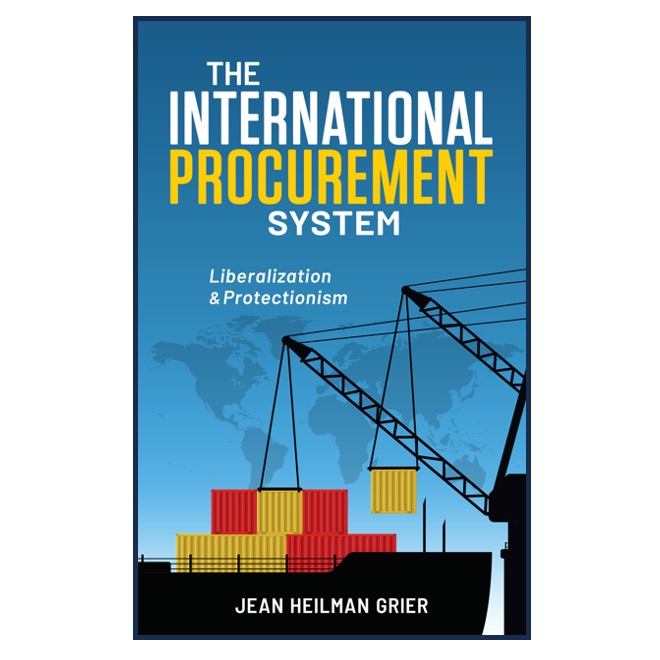Latest Post
Updated: 1 week ago
Government Procurement
Canada Embraces “Buy Canadian” Procurement Policies
After a long history of criticizing “Buy American” policies, Canada is now implementing its own suite of “Buy Canadian” policies, in response to President Trump’s…
Jean Heilman Grier
6 Min Read
Latest Posts
View AllGovernment Procurement
2 Min Read

Key International Procurement Developments in 2025
A new Briefing Paper, “Key International Procurement Developments in 2025,” published…
Government Procurement
5 Min Read

EU Issues Guidelines under Foreign Subsidies Regulation
The European Commission published Guidelines on its enforcement of the Foreign Subsidies Regulation (FSR)…
Perspectives on Trade
5 Min Read

A New Trade Agreement Signed by EU & Mercosur
More than a year after the European Union (EU) and…
Perspectives on Trade
5 Min Read

WTO Procurement Agreement: Modest Developments in 2025
In its recently issued annual report, the WTO Committee on Government…


